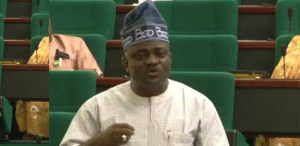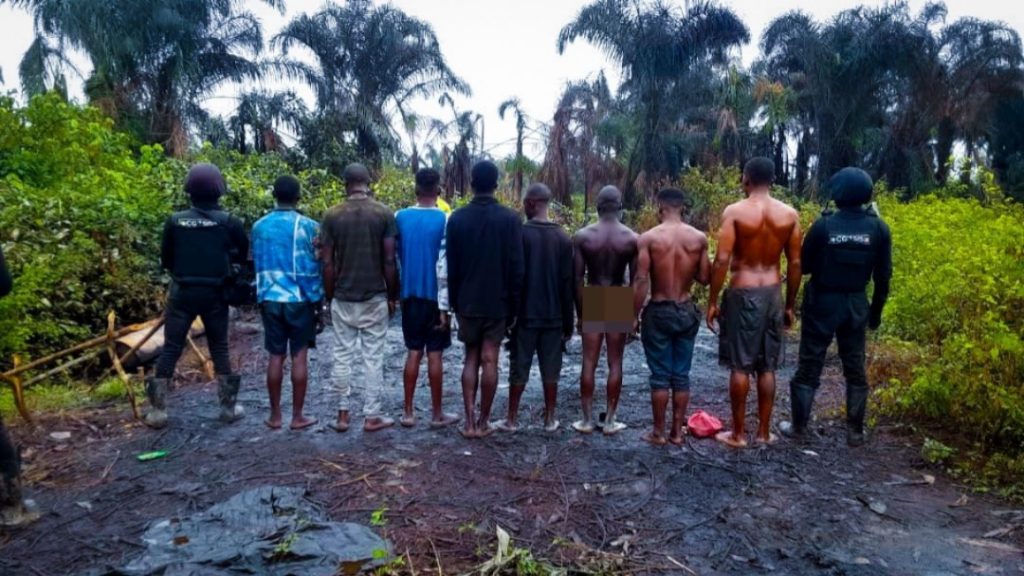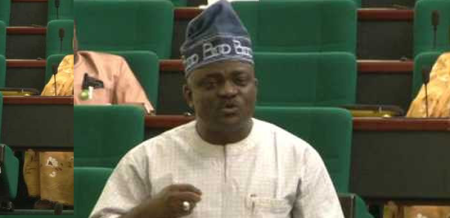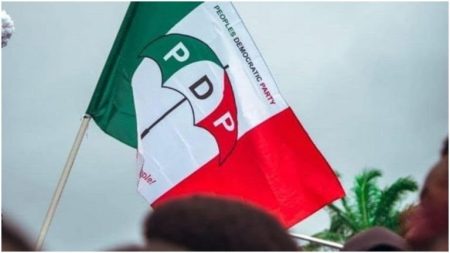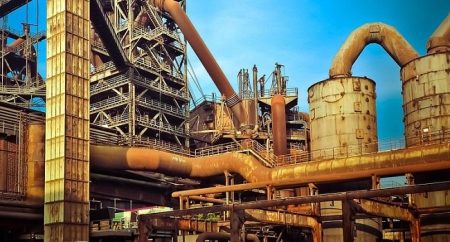The Federal Government of Nigeria has affirmed its unwavering commitment to combating illegal oil bunkering and other forms of economic sabotage, vowing to apprehend and prosecute all perpetrators involved in these illicit activities. This resolute stance was emphasized during a stakeholders’ meeting held in Port Harcourt, bringing together representatives from Rivers, Abia, and Imo states to discuss the security and operational challenges surrounding the Trans Niger Pipeline (TNP). The Director of Energy Security within the Office of the National Security Adviser (NSA), Ojukaye Flag-Amachree, underscored the government’s seriousness by revealing that over 100 individuals involved in these criminal activities have already been prosecuted. The message was clear: regardless of social standing or position, anyone found culpable will face the full force of the law.
The stakeholders’ meeting served as a platform for open dialogue between government representatives, community leaders, and the Pipeline Infrastructure Nigeria Limited (PINL), the company responsible for maintaining the crucial TNP. This pipeline plays a vital role in transporting crude oil to the Bonny Terminal for export, making its security paramount to Nigeria’s economic stability. Recognizing the importance of community engagement, Flag-Amachree, represented by Young Harry Amakiri, appealed to community leaders and elders to actively dissuade youths from engaging in pipeline vandalism and illegal bunkering. He emphasized the need for collective responsibility in safeguarding national assets and promoting sustainable development within the region.
PINL demonstrated its commitment to community development by announcing a comprehensive package of 646 scholarships for students from the 215 communities along the TNP. This initiative, coupled with ongoing strategic partnerships, aims to strengthen community relations, enhance local security, and empower women through skill acquisition programs. Seriaki Alamieseigha, PINL’s Community Relations Executive, highlighted the company’s collaboration with the NSA in establishing a facility dedicated to addressing investigative and prosecutorial challenges related to pipeline security. He praised the collaborative efforts of the host communities, attributing the recent boost in oil production to their cooperation and support.
The Minister of State for Petroleum Resources (Oil), Heineken Lokpobiri, lauded PINL’s proactive engagement with host communities and its efforts to discourage youth involvement in illegal activities. Represented by his Special Assistant on Host Communities, Julius Eddie, the Minister acknowledged the significant impact of PINL’s initiatives on boosting national oil production and enhancing the Ministry’s reputation. He emphasized the detrimental effects of oil bunkering and pipeline vandalism on the environment and the livelihoods of local communities, particularly farmers and fishermen, urging continued vigilance and community involvement in safeguarding these resources.
The meeting also addressed the critical role of subcontractors in maintaining pipeline security. Akponine Omojevwe, Head of Field Operations for the Eastern Corridor at the Nigerian National Petroleum Company Limited’s Project Monitoring Office, cautioned subcontractors against complacency and emphasized the importance of thorough background checks for all personnel. He stressed the need for strong synergy between subcontractors and PINL to ensure optimal performance and maintain a zero-tolerance policy towards any breaches in pipeline security. Omojevwe pointed out that connivance and negligence in hiring practices could undermine the progress made in securing the TNP and jeopardize the overall stability of oil operations.
The collaborative approach adopted by the government, PINL, and host communities underscores a collective determination to combat illegal oil bunkering and promote sustainable development in the Niger Delta region. By engaging local communities, empowering youths through education and skills development, and strengthening security measures, stakeholders are working together to protect vital national assets, preserve the environment, and build a more prosperous future for the region. The ongoing prosecution of offenders serves as a strong deterrent and reinforces the message that illegal activities will not be tolerated. This integrated strategy, combining community engagement, robust security measures, and proactive development initiatives, offers a promising path towards ensuring the long-term stability and prosperity of the oil sector and the communities that depend on it.



